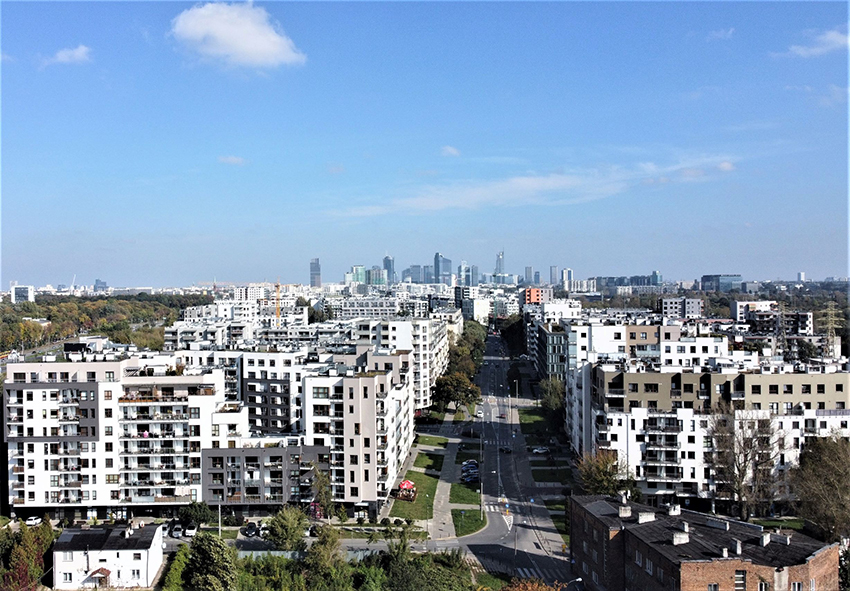Integrated investment plans introduced to streamline development in Poland
Poland’s construction sector is entering a new phase following the amendment to the Spatial Planning and Development Act of 2023, which introduced Integrated Investment Plans (Zintegrowane Plany Inwestycyjne – ZPI). The instrument is designed to accelerate project delivery and strengthen cooperation between investors and municipalities in implementing larger or more complex developments.
ZPI allows investors to prepare projects more quickly than through traditional procedures based on local spatial development plans (MPZP). It also goes beyond the “Lex Developer” special act, which was limited to residential projects. A central element of the new framework is the urban planning agreement, which specifies investor obligations and the benefits provided to the municipality, such as roads, schools, or recreational infrastructure. Once an agreement is signed, the municipal council cannot alter the project proposal, meaning negotiations must be concluded in advance.
One of the most significant advantages of ZPI is that projects can proceed on land without an existing MPZP. This could unlock development potential on post-industrial or otherwise difficult plots. The process is expected to be faster than adopting new zoning plans, offering investors greater legal and financial predictability. However, the system also carries risks. Local authorities may impose high demands for supplementary infrastructure, and the obligatory 21-day public consultation period can delay or even block projects. Investors may also be required to transfer land or cover additional costs, with limited safeguards to ensure proportionality. In addition, every ZPI must comply with a municipality’s general development plan or land-use study, sometimes requiring environmental assessments.
According to Walter Herz, a consultancy already coordinating projects under the new system, the model can align investor and municipal interests. In one Warsaw metropolitan area project, the developer is planning over 40,000 sqm of residential space alongside commitments to deliver a primary school and road improvements. This enables the municipality to secure public infrastructure without using its own funds.
Warsaw and Kraków have already issued guidelines to clarify ZPI procedures. In Warsaw, the city requires that investors contribute to public infrastructure—set at roughly 10% of residential floor space and 5% for commercial developments—and may also request allocations of new housing for the city’s municipal stock. The guidelines include environmental protections, such as restrictions on paving near trees, as well as rules on parking, green space, and building heights.
The success of ZPI will depend on how municipalities choose to apply the new rules. For investors, the framework provides an opportunity to gain access to new locations and build stronger relationships with local authorities. For cities, it offers additional tools to secure public benefits alongside private investment.









